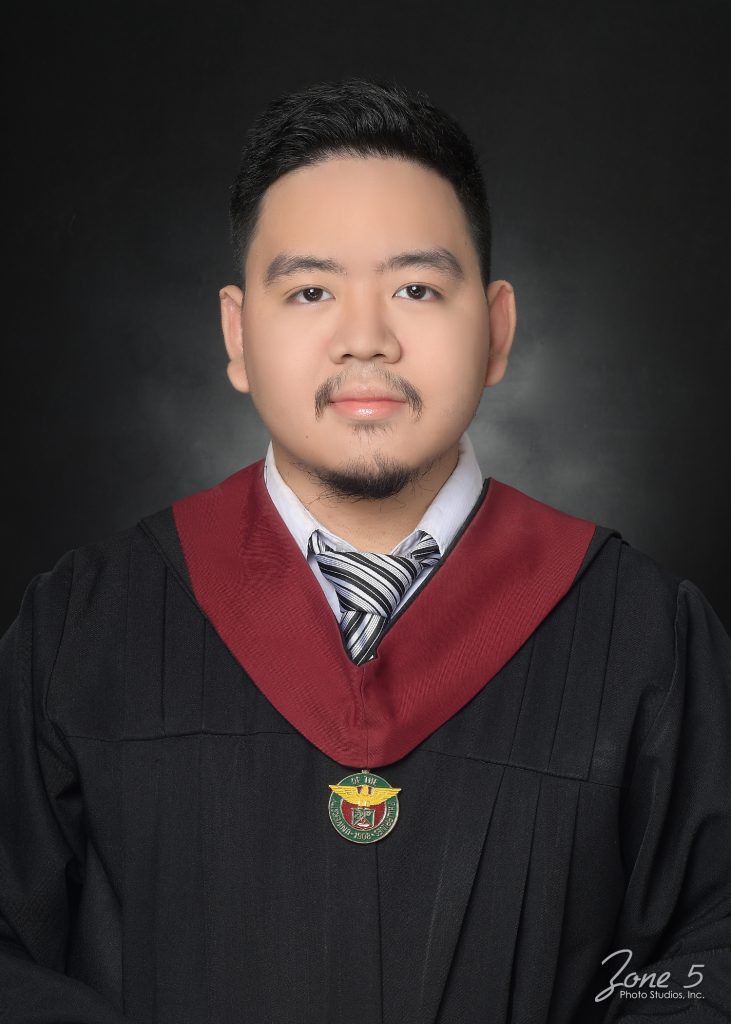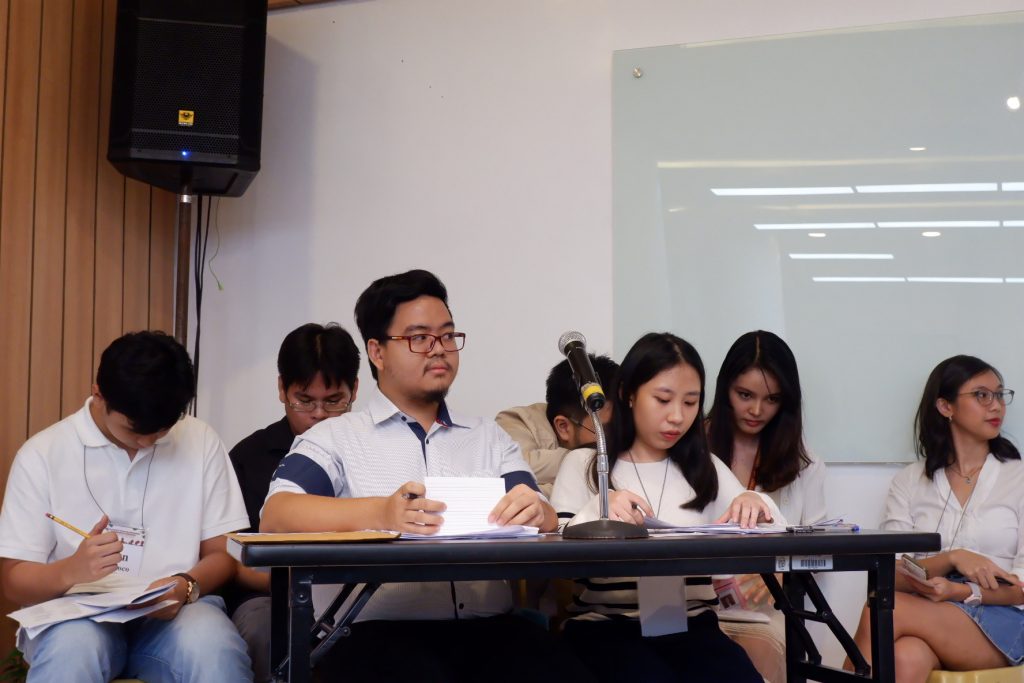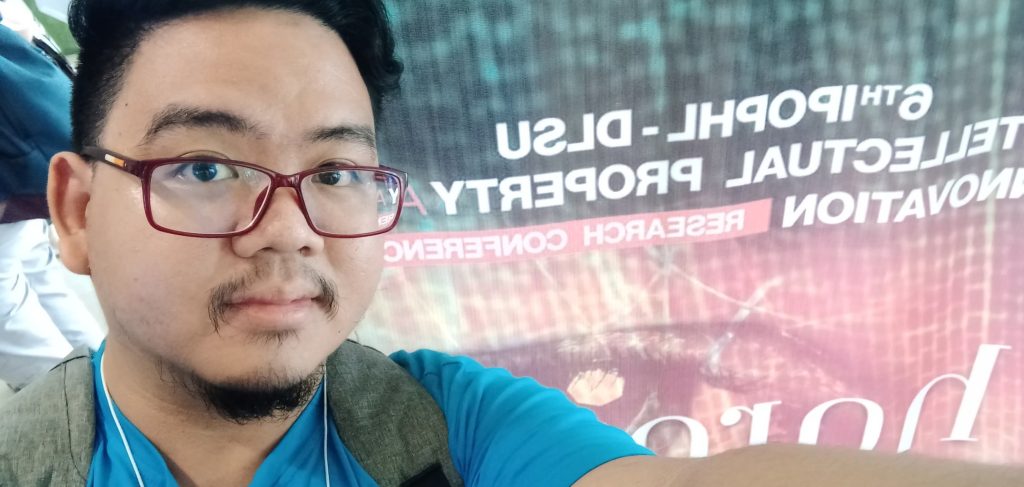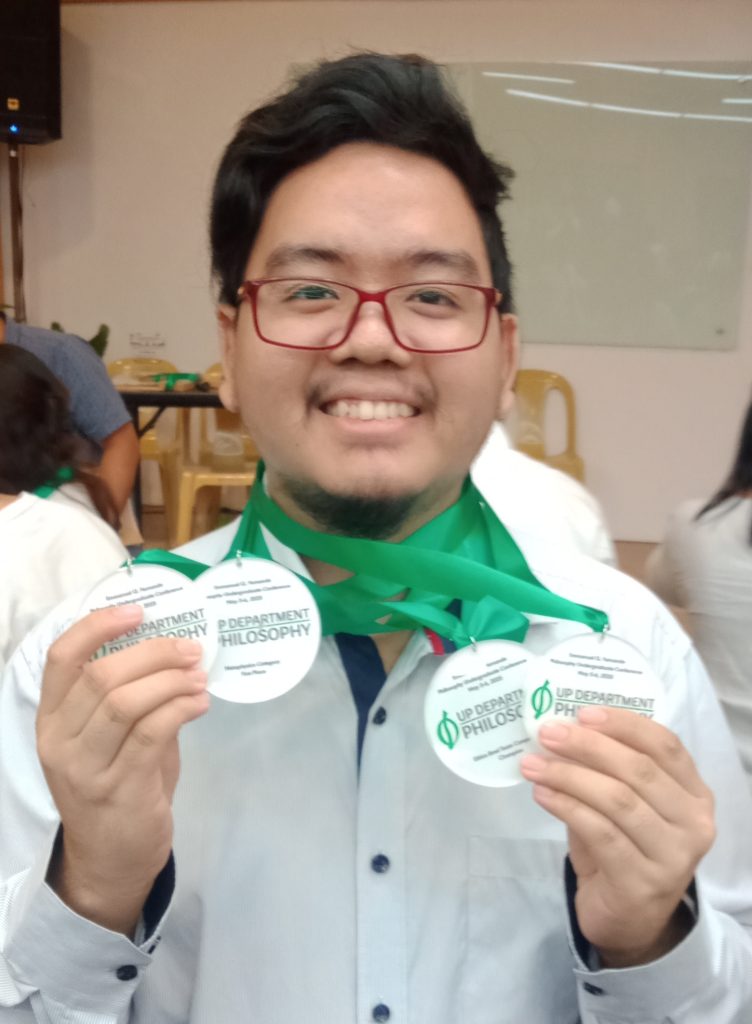
Consider the following discussion:
A: With the prices of goods increasing, I feel kind of guilty buying things I don’t necessarily need. Do you think it’s morally responsible for me to buy an electric car? It’s not perfect, but on the long run it is much greener and eco-friendly than traditional vehicles.
B: I think no person bears the moral responsibility of fixing climate change through their individual consumer choices alone. Rather, I think it’s better to address climate change through the lens of collective responsibility.
While B’s point seems like a perfectly valid and defensible position on its own, the sharp reader might have already noticed something off. We might ask: Did B actually answer A’s original question?
Be attentive of the language being used here. A asks whether an action is “morally responsible”, while B responds that we have no “moral responsibility” to do the action. A subtle but significant sleight-of-hand has occurred. To rephrase in more exact terms: A is asking whether the action is morally permissible or allowed. B responds by saying the action is not morally obligatory or required, which doesn’t answer A’s question at all; some things are permissible without being obligatory.
This hypothetical conversation is a modified version of a real exchange that happened in the philosophy department’s very first Ethics Bowl (a.k.a. the fun, less adversarial cousin of the debate) last May 2025.

A photo of the Seniors team, the Champion of the Ethics Bowl 2025. My primary role was to respond to the opposing team’s speeches and critically unpack them in detail. From left to right: Jan Estioco, Ron Imperial, Ron Victor Sarmiento, Justin Felip Daduya (Co-Captain), Sofia Luna, Colene Santos, and Pia Cruz (Team Captain).
I was the one who raised the point regarding the subtle difference between “responsible” and “responsibility”, which I was only able to do due to my deep familiarity with deontic modal logic (i.e. the logic of obligations and permissions). It was a huge insight that likely contributed to our team’s win.
Of course, if you want to understand higher-level logic like this one, you need to work on your basics and fundamentals, which will be drilled into you by the department. Let me paint you a picture of my journey through logic (and philosophy in general) as a philosophy major.
People who know me nowadays humorously call me “Logic God” (a title that, while slightly cringe, is also a title I proudly earned through blood and tears), but I didn’t always start this way. Philosophy wasn’t even my first, second, or last choice. I was planning on taking a medicine-related degree after taking the STEM strand, but I was remarkably average in the sciences and thus didn’t have the requisite grades to enter the in-demand science programs. I took Philosophy on a whim, planning to shift to my desired courses if I didn’t like it. It turns out that my true calling was in the humanities; I fell in love with philosophy and became incredibly proficient with it.
My first introduction to logic was through a Philo 11 class with Sir Agerico De Villa. Because it was a midyear class, we had logic exercises every day, which made it seem like a “logic bootcamp” that solidified my grasp on the fundamentals. The spark of interest grew into a flame as I took higher-level logic classes by Sir Gerald Pio Franco (i.e. the lifeblood of my journey as a logician). I once even presented my own logic system in a World Logic Day conference.
My experience, of course, is not universal. A lot of people may find logic to be difficult, with some even joking that it’s the “philosopher’s math.” However, in my experience tutoring various people on logic, once they grasp the fundamentals, the difficulty curve typically mellows out a lot. In my opinion, logic is equally a fun game of pattern recognition as it is a strict formal calculus.
Funnily enough, logic gave me the opportunity to befriend a lot of people. Fellow philosophy majors are comfortable approaching me to ask for help, which I happily provide. The stereotype of the logician as a stuck-up loner is thankfully not true in my case.

A photo I took before presenting my paper, “The Historical and Philosophical Roots of Copyright and Its Implications on Artificial Intelligence” at the 6th IPOPHL-DLSU Intellectual Property and Innovation Research Conference.
Anyways, like my example earlier, logic is applicable to so many domains, especially in philosophy. All of our class readings in philosophy are, explicitly or not, structured as arguments or demonstrations to show the author’s point. Logic trains you to analyze and dissect arguments into their moving parts to see how they tick. You become sensitive to key distinctions that ordinarily would slip by you. From ethics to epistemology to metaphysics: you will never run out of things to logically analyze.
Even if you’re not planning on going to law school or becoming a mathematician, logic is still relevant in your everyday life. Something as mundane as sudoku puzzles or as intense as political disagreements could use the structure that logic provides. Moreover, in an epistemic era of post-truth, having a critical, logical eye for detail has become increasingly more relevant.
However, I am not a snake oil salesman. Logic is not a perfect cure-all for all the epistemic ills of our society. At its core, logic is the study of relations of truth preservation. What this means is that a logician can ensure that IF your premises are true, THEN your conclusion has to be true as well. Whether or not the premises are true in the first place is the job of the scientist, mathematician, or philosopher to figure out.

A photo of me wearing the four medals I earned in the Emmanuel Q. Fernando Undergraduate Philosophy Conference 2025: Best Paper (Metaphysics), Best Oral Presentation (Metaphysics), Ethics Bowl (1st Place), and Quiz Bee (2nd Place).
Lastly, I will tell you the reason I got hooked into logic in the first place: it’s still an open, developing field. When we get taught math or logic in school, it’s typically depicted as if these are “eternal truths” dropped from above; thus, a common misconception is that math and logic are “complete” sciences.
Similar to how learning about non-Euclidean geometries opens up your mind about the vast possibilities of mathematics, learning about non-classical logics elicits the same reaction. You would even find that some principles you’ve taken for granted in your Introduction to Logic have stopped being true in more sophisticated logics!
Consider the Law of Excluded Middle: either a proposition P or its negation is true. This means that every proposition is forced to be either true or false only. However, how do we handle future states (e.g. It will rain tomorrow) with indeterminate truth values? While classical logic cannot handle them, logics like intuitionistic logic allow for propositions that are neither true nor false.
If you have a basic familiarity of logic and I’ve succeeded in tickling your interest, I highly recommend looking into the following topics:
- The paradoxes of material implication;
- Paraconsistent logics;
- Fuzzy logics, where values are the real number spectrum between 0 (false) and 1 (true);
- Buddhist logics (with 5 truth values: true, false, neither, both, ineffable)
- Varieties of modal logic (deontic, epistemic, temporal, etc.)
I cannot stress enough how much this excited me. Seemingly “eternal” laws turned out to be contestable. The domains of logical analysis keep on expanding. Logic is a creative, open frontier of curiosities waiting for future logicians like you to uncover their mysteries. I hope I have succeeded in imparting both the utility and excitement to be found in learning logic.
About the Author
Ron Victor Sarmiento is a graduating BA Philosophy student from the University of the Philippines Diliman. He is an active researcher with at least 16 conference presentations and 5 research awards within his undergraduate years. He is an alumnus of UP Kabataang Pilosopo Tasyo, a socio-academic organization dedicated to the development of Filipino Philosophy. His research interests include logic, epistemology, fictionality, aesthetics, AI studies, post-truth, among many others.
His conference presentations are as follows:
- Emmanuel Q. Fernando Philosophy Undergraduate Conference (May 2025): “Voltolini Redux: Reassessing Some Desiderata on the Metaphysics of Fictional Entities”
- 2nd Dasmariñas Research Congress (April 2025): “Post-Irony and Artificial intelligence: Reflections on Post-Truth”
- 2nd Mayon Undergraduate Philosophy Conference – International (April 2025): “Tracing Track Changes: Guillermo Tolentino and Occult Baybayin”
- 6th IPOPHL-DLSU Research Conference on Intellectual Property and Innovation (April 2025): “The Historical and Philosophical Roots of Copyright and Its Implications on Artificial Intelligence”
- Durungawan: CSSP Undergraduate Conference (April 2025): “The Manosphere and Malformed Feminisms: Analyzing the Decline of Feminism in Public Consciousness”
- 18th DLSU Arts Congress (February 2025): “Creativity, Intentionality, and Artificial Intelligence: A Critique of Boden’s Computational Model of Creativity”
- Ramon Castillo Reyes Conference (September 2024): “The Liquid Heart: How AI Epistemology Affects AI Ethics”
- John Paul II Conference (God and the World) (June 2024): “Self-Referentiality and the Paraconsistent Logic of God-Talk”
- Philosophy, Communication, and Culture Conference (May 2024): “The Logic of Post-Truth: The Limits of AI and Computationalism”
- Durungawan: CSSP Undergraduate Conference (April 2024): “The Filipino in Filipino Philosophy: A Discourse on Indigenization”
- 9th DLSU Undergraduate Philosophy Research Conference (March 2024): “Hyperintensional Ethics: Blunting the Hume-Moore Arguments”
- 8th DLSU Undergraduate Philosophy Research Conference (March 2023): “On the Limitations of the Truth-Functional Account: A Critical Review of Claro Ceniza’s Material Implication and Entailment”
- 7th DLSU Undergraduate Philosophy Research Conference (June 2022): “Voltolini’s Contradictory Desiderata: Reconsidering Some Intuitions about Fictional Entities”
- World Logic Day Writeshop (January 2021): “Cookie-Cutter Sets”
- 2nd Promethean Paper Conference (December 2020): “Foundations of a Modifier Logic”
- 5th DLSU Undergraduate Philosophy Research Conference (September 2020): “Philosophical Infrastructure: A Proposal for the Development of Filipino Philosophy”
